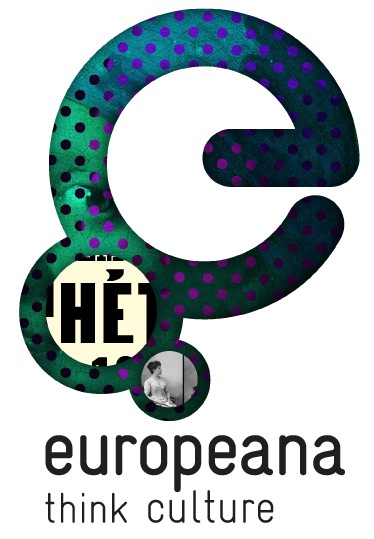This week marks a momentous occasion, as Europeana — Europe’s digital library — has released 20 million records into the public domain using the CC0 Public Domain Dedication. This release is the largest one-time dedication of cultural data to the public domain using CC0. The Europeana dataset consists of descriptive information from a huge trove of digitized cultural and artistic works. Now, per the Europeana Terms of Use, “all metadata (textual information on digitised cultural heritage) on the site are published without any restrictions on re-use.” The public domain data can be useful for cultural institutions, researchers, and application developers. By removing all copyright restrictions from the data, Europeana helps to promote innovation and economic activity. From the press release:
Importantly, the change represents a valuable contribution to the European Commission’s agenda to drive growth through digital innovation. Online open data is a core resource which can fuel enterprise and create opportunities for millions of Europeans working in Europe’s cultural and creative industries. The sector represents 3.3% of EU GDP and is worth over €150 billion in exports.
Europeana’s announcement was praised by Neelie Kroes, Vice-President of the European Commission, who said:
Open data is such a powerful idea, and Europeana is such a cultural asset, that only good things can result from the marriage of the two. People often speak about closing the digital divide and opening up culture to new audiences but very few can claim such a big contribution to those efforts as Europeana’s shift to creative commons.
The Creative Commons Affiliate teams in the Netherlands and Luxembourg, through partner organizations Institute for Information Law (IViR), Kennisland, and the Bibliothèque nationale de Luxembourg provided expert support to Europeana during this process. Europeana has been at the forefront of exploring ways to share the European cultural record. They are one of the first adopters of CC’s Public Domain Mark and continue to support a vibrant, healthy public domain.








So why don’t we just reform copyright the way the Pirate Party wants to do it?
Congratulations to those involved in Europeana for publishing metadata “without any restrictions on re-use”, and to CC for developing the enabling tool: the Public Domain Mark (with the wonderful objective of promoting a “vibrant, healthy public domain”).
I hope that Neelie Kroes will now move the focus of her attention from Europe’s rich cultural heritage to the present and to the future. A good next step would be initiatives to cajole Europe’s public service broadcasters into publishing metadata (including programme listings and data on content that they make available online) “without any restrictions on re-use”. European citizens pay for public service broadcasting, but do not have open access and unrestricted re-use rights to the metadata needed to discover, share and add value to the cultural goods that are produced on their behalf.
Good luck Neelie and CC.
– Colin Moorcraft
Now, per the Europeana Terms of Use , “all metadata (textual information on digitised cultural heritage) on the site are published without any restrictions on re-use.” The public domain data can be useful for cultural institutions, researchers, and application developers.
Cool! That so many information can check.
I don’t think it is true to speak of this release as “the largest one-time dedication of cultural data to the public domain using CC0”.
In December 2011 the German Library Networks BVB and KOBV released 23 Million descriptions of bibliographic documents (as RDF and MARC/XML) under CC0, see http://openbiblio.net/2011/12/08/bvb-kobv-open-data/
In January, at least the German Creative Commons blog wrote about it (http://de.creativecommons.org/2012/01/16/deutsche-bibliotheken-stellen-uber-23-millionen-metadatensatze-in-xml-unter-cczero/) but it obviously went unnoticed by the author of this post.
Adrian,once people have access, there should be some really interesting things stemming from all this.Glad to hear other cultural organizations have done it!